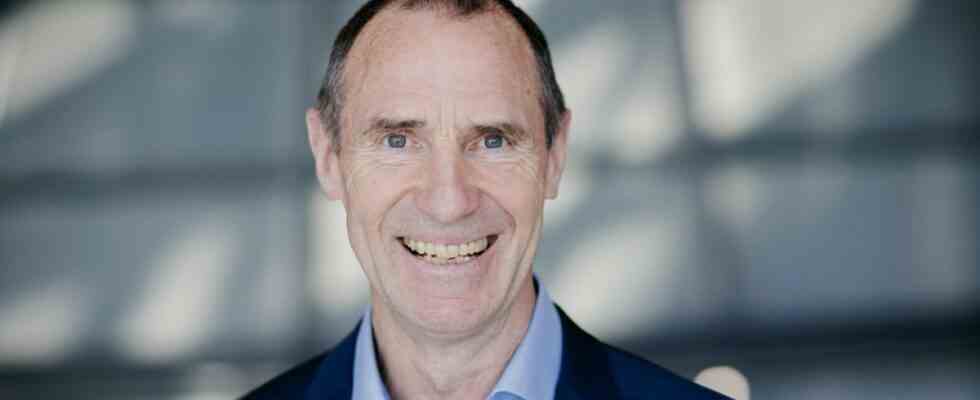So, take the CEO of the National Olympic Committee; also a long-standing leading representative of the NOK and one of the most influential presidents of the association; plus the head of the organization that takes care of the promotion of top athletes, and an active sportswoman; a representative of the Ministry of Sports and two people from business and science. And to top it off, a sports politician who spent his years as an athlete and as a coach in a state doping system. The Supervisory Board of the National Anti-Doping Agency of – Russia is ready? Iwo, far from it. Welcome to the controlling body of Nada Germany.
Germany likes to boast that it is particularly well positioned, credible and productive in the anti-doping fight. But that’s more of a fairy tale. In fact, there are many weak points, as evidenced not only by the small number of positive tests and sanctioned athletes. The composition of the Nada supervisory board is also one of the fundamental positioning problems.
This week there has finally been a major discussion about the panel. The occasion is the entry of the former biathlete and current SPD politician Frank Ullrich into the Nada test round. Ullrich has been the chairman of the sports committee in the Bundestag since December, which is automatically entitled to a place on the supervisory board due to the statutes. But his past disqualifies him for this job.
Ullrich, 64, was an outstanding biathlon representative of the GDR for many years: first as an athlete – including nine world titles and one Olympic gold medal – later as a coach. But with a view to the state doping system practiced at the time, he always played the clueless and innocent. He is also currently asserting to the SZ that he has nothing to blame himself for, nor was he involved in any doping involvement in the GDR era. But former athletes accuse him of just that. A commission of the German Ski Association, for which he worked as a biathlon and cross-country skiing trainer after reunification, attested to him having an “unconsciously controlled displacement mechanism” in the noughties if he continued to consider the notorious blue pills to be legal means.
Why are the DOSB CEO and the spokesman for the central associations on the Nada Supervisory Board?
In any case, this biography cannot be reconciled with a post at Nada. Ullrich should see that quickly on his own. But it would also be up to other parties involved to take a clear position, especially in the Federal Ministry of the Interior, which is responsible for around two thirds of the ten million euro Nada budget. But the ministry, headed by Ullrich’s SPD party friend Nancy Faeser, is fatally reticent.
In the debate about the composition of the supervisory board, however, the focus should not be on Ullrich’s personnel. Some conflicts of interest must also be resolved. It’s not about banning every member with sports experience or a connection to sports. But Torsten Burmester, CEO of the German Olympic Sports Confederation, should not be found there, nor should Ingo Weiss, President of the Basketball Association and spokesman for all top associations.
For an appropriate compilation, it is worth taking a look at the USA, whose national anti-doping agency (Usada) is probably the most effective in the world and, among other things, convicted the system of the cyclist and super doper Lance Armstrong. Usada’s control body is far more independent. Sports associations should contribute to the financing of the anti-doping fight, but otherwise stay away from the relevant NADA bodies.

